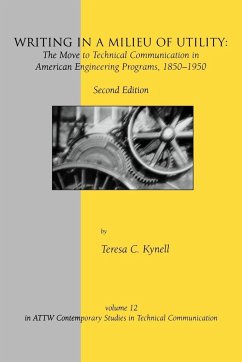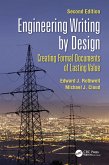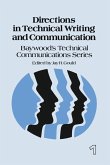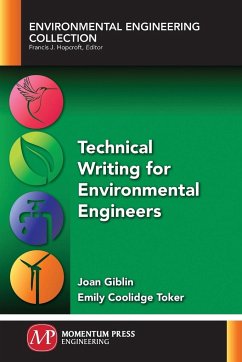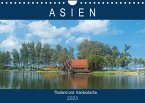This book traces the pedagogical evolution of technical communication in America as it grew out of Engineering English requirements from roughly the turn of the century to 1950. This study examines specific curricular patterns, texts, and writers on the subject of technical communication, while also tracing engineering educational patterns as they emerge from the proceedings of the society for the promotion of engineering education. Unique to the second edition of the book is a new preface by the recent past ATTW series editor, Jimmie Killingsworth, a new introduction by Elizabeth Tebeaux, and an epilogue by Katherine Staples. Writing in a Milieu of Utility concludes that technical writing, as we teach it today, likely found its roots in engineering composition pedagogy, when, at approximately the turn of the century, engineering educators recognized that writing about science and technology not only made sense in an academic milieu that emphasized utility, but that such writing could also contribute to the professional success of engineering students. Existing somewhat tenuously as engineering itself sought academic status, technical communication emerged ultimately as a re-conceptualized composition course, after early to mid twentieth century calls for English and engineering cooperation made traditional composition offerings less relevant. Academic writing on environmental communication proliferated in the 1990's. A few of us had been calling for such work and making initial investigations throughout the 1980's, but the momentum in the field built slowly. Spurred by coverage in the mass media, academic publishers finally caught the wave of interest. In this exciting new volume, the editors demonstrate more fully than ever before how environmental rhetoric and technical communication go hand in hand. The key link that they and their distinguished group of contributors have discovered is the ancient concern of communication scholars with public deliberation. Environmental issues present technical communicators with some of their greatest challenges, above all, how to make the highly specialized and inscrutably difficult technical information generated by environmental scientists and engineers usable in public decision making. The editors encourage us to accept the challenge of contributing to environmentally conscious decision making by integrating technical knowledge and human values. For technical communicators who accept the challenge of working toward solutions by opening access to crucial information and by engaging in critical thinking on ecological issues, the research and theory offered in this volume provide a strong foundation for future practice.
Bitte wählen Sie Ihr Anliegen aus.
Rechnungen
Retourenschein anfordern
Bestellstatus
Storno

